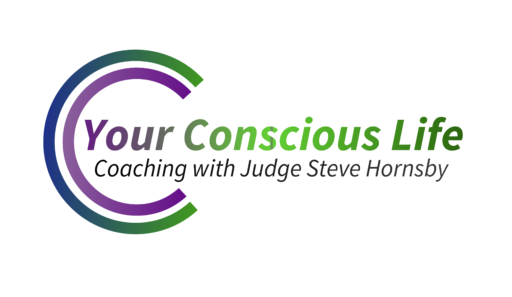“The power for creating a better future is contained in the present moment; you create a good future by creating a good present.” Eckhart Tolle
The ability to center and quiet the mind has become quite popular these days, and for very good reason. People report greater amounts of stress than ever before and mindfulness can be very helpful in reducing stress and anxiety.
Stress
Work demands, conflict at work and home, financial pressure, high expectations for “living the perfect life”, devices that constantly ding and pulse, news bombardment, traffic jams, and the dizzying rapid pace of change all contribute to increased levels of stress.
Our bodies developed a very effective stress-response system over millennia as a way to stay alive. Threats and challenging situations trigger a highly complex multi-system reaction that boosts us up to overcome the situation. This a wonderful system that helped us evade predators, hostile tribesmen and other external challenges.
Today, most of our threats do not come from predators, but from the external and internal pressures we face daily.
Research is revealing previously unknown facts about the effects of chronic stress on our bodies, including the brain. Prolonged exposure to cortisol, a hormone which is released during periods of stress, has been shown to kill brain cells and promote premature brain aging and impaired memory.
Other negative effects include decreased immune functions, high blood pressure, stroke, heart attack and depression.
Many professionals live with low to moderate amounts of stress on a daily basis. Some also encounter highly stressful situations regularly.
Burnout
One of the most insidious results of stress is burnout.
Over time, we may feel overwhelmed by constant demands, emotionally drained and mentally unable to meet challenges, yet don’t realize the cumulative effect all of this is having until we are in crisis or at the threshold of it.
Burnout is directly attributable to prolonged exposure to stress and leads to a state of emotional, mental, and physical exhaustion. It is often correlated with increased substance use and other behaviors as a way to self-soothe.
Tragically, the common response is to blame ourselves and think the solution is to “work harder”, which is the precise opposite of what is needed. Allowing the mind and brain to rest and detach from the source of stress, along with plenty of sleep, nutritious food and recreation helps restore balance.
Professionals who work with people in crisis are particularly susceptible to burnout due to vicarious trauma, the exposure to other people’s trauma. This includes lawyers, judges, counselors, health care professionals, police officers, first responders, social workers and others.
Enter: Mindfulness
A growing body of research indicates that a regular mindfulness practice can help reduce stress and improve physical, mental and emotional well-being.
Studies have shown mindfulness is helpful in reducing anxiety, depression, high blood pressure, heart rate, and tension headaches, while improving autoimmune function and sleep patterns.
Mindfulness practitioners report improved abilities to cope with stressful situations, reduce negative emotions, improved self-awareness and patience.
Our bodies respond well to slowing down, breathing and calming the mind. Even 15-20 minutes per day of a simple practice can produce very positive effects.
Steve’s Experience
Steve learned a mindfulness and creative visualization technique in 1970 while in his teens. He has used it throughout his life and considers it a priceless tool that has been essential in his life story.
As a lawyer, he used creative visualization in trial preparation to see the bigger picture and desired outcome. Mindfulness was very helpful in dealing with conflict-filled situations to maintain focus and awareness. On the bench, mindfulness helped him remain attentive, patient and caring.
As an executive in state government and behavioral health care, Steve used creative visualization regularly for strategic planning, developing innovative approaches to system improvements and preparing presentations. Mindfulness was extremely helpful while in the midst of contentious meetings, legislative hearings and addressing the media.
Mindfulness has and continues to be a regular companion to manage highly stressful situations, maintain awareness and be fully present in each moment.
Your Conscious Life
Steve’s career advancements are directly attributable to his use of mindfulness and creative visualization. These tools have helped him move forward consciously, with intention, purpose and clarity in creating his life expression. As Eckhart Tolle suggests, “creating a better future is contained in the present moment.”
Steve’s professional brand – Your Conscious Life – recognizes the paramount role of these practices in his accomplishments and life.
The techniques that Steve uses are easily taught and can be used by anyone willing to devote a few minutes to themselves. He incorporates these into his coaching and consulting practice.
Included on this website is a free guided mindfulness exercise led by Steve for starting your own practice.

